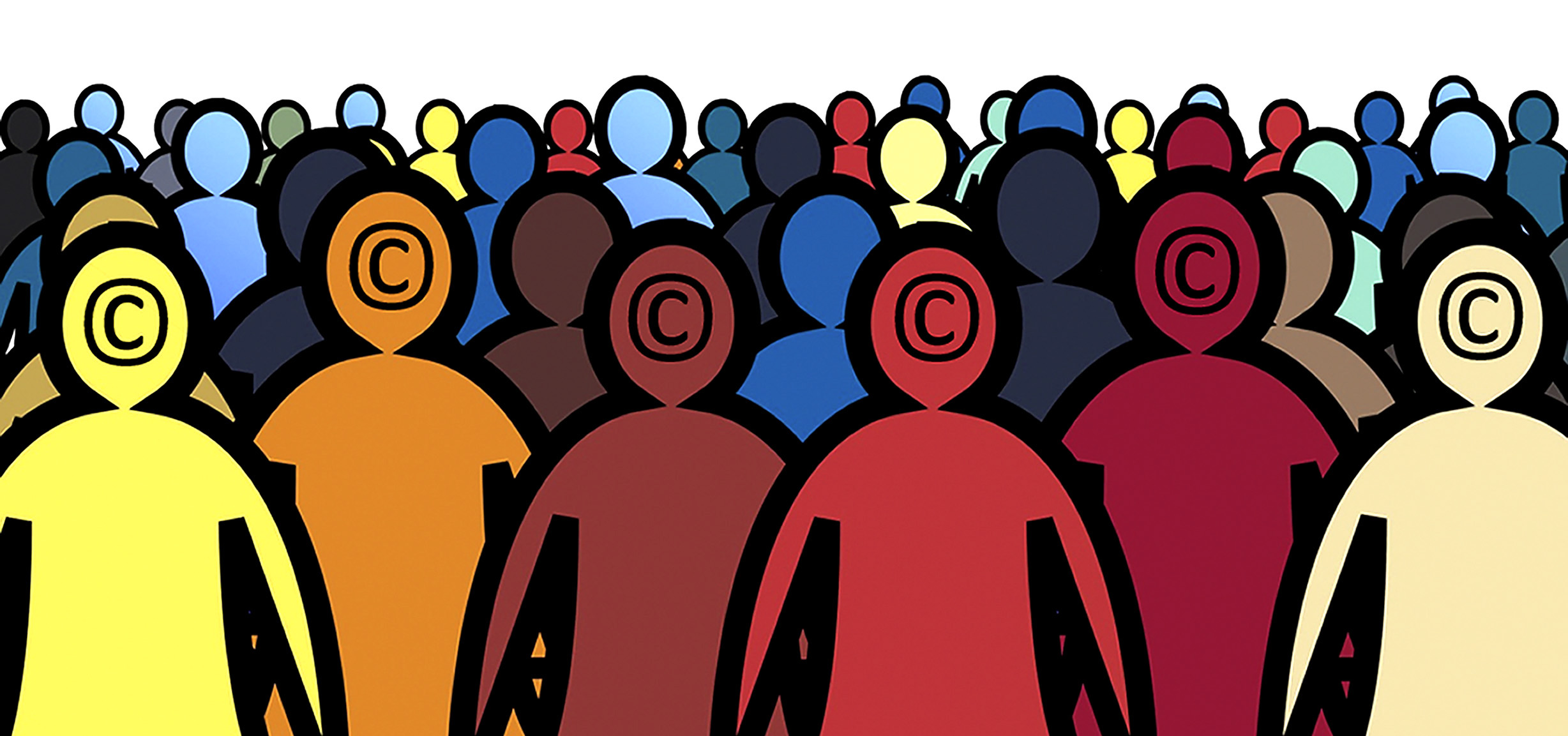Now that the Government of National Unity (GNU) is in place and the seventh Parliament has officially opened, re-elected President Cyril Ramaphosa will need to attend to the long list of outstanding bills on his desk.
In his opening of Parliament Address on 18 July 2024, the president highlighted the urgent priorities that the GNU must address without delay, including unemployment, job creation, education, disabilities, healthcare, poverty and social upliftment, and “the constitutional imperative to redress the imbalances of the past and deal with the slow process of development”.
He stressed that “through empowerment and transformation, we can ensure that the skills, capabilities, resources and energies of all South Africans are used to the greatest effect’’.
The GNU is composed of 10 political parties, whose election manifestos all addressed the above-mentioned issues. The Statement of Intent of the 2024 Government of National Unity concretises the words of the president, and all parties reaffirm their collective commitment to the founding values of the Constitution.
One of the most progressive and pro-transformation bills on the president’s desk right now is the Copyright Amendment Bill, passed by both houses of Parliament on 29 February 2024.
It resolutely speaks to the president’s address and the GNU Statement of Intent. After a thorough and extensive process in Parliament since 2017, supported by numerous expert opinions and research, the bill has been confirmed to align with constitutional standards and international intellectual property agreements.
Unconstitutional
Additionally, in 2022 the Constitutional Court declared the existing Copyright Act unconstitutional with respect to persons with disabilities, mandating that the law be amended before 21 September 2024. Time is of the essence!
Electronic Information for Libraries, an international not-for-profit organisation and supporter of the copyright reform process in South Africa, wrote to President Ramaphosa in March 2024 calling for him to sign the bill.
Electronic Information for Libraries wrote: “The Copyright Amendment Bill was first introduced in the National Assembly more than seven years ago. Since then, more than 80 official activities and events have taken place in an open and democratic process – public consultations, engagements with stakeholders, technical expert inputs, legal briefings, consideration of additional legislative submissions – making it one of the most scrutinised copyright bills in the world.”
The bill will transform the lives of millions of South Africans who have been denied access to educational resources, and those needing accessible formats to obtain information.
It will not only improve the resources and quality of services offered by libraries, archives, and other information services, but will also allow preservation and digital curation to protect their collections and South Africa’s documentary records and cultural heritage.
Creatives will enjoy improved moral rights and more control over their works, obtain reversion of rights to further exploit their works, and have safeguards from unfair contracts. Formal regulation of collecting societies will also enable creatives to earn fair royalties.
Status Quo
There are many who support the bill, but others who continue to pursue a strategy of opposition to maintain the status quo or to make the law more favourable to them.
The International Intellectual Property Alliance, which itself benefits immensely from fair use provisions, continues to reiterate the same negative issues about the bill that it raised with the US Trade Representative in 2019.
It seems to have conveniently forgotten the many submissions and presentations made in Washington DC in January 2020 when the majority of stakeholders rejected the US Trade Representative’s threats to Agoa (African Growth and Opportunity Act).
In July 2023, I posed this question: “Why should a human rights-related Copyright Bill sink Agoa?” when “it has been hailed by many as a model for other countries, due to its progressive, balanced and future-proof approach, within a human rights framework. Let there be no more delays or filibustering!”
It is indeed encouraging to note that South Africa is intent on moving forward with its copyright reform and that the government “is now taking a firm stand, openly stating that broad fair use exceptions are a feature, not a bug”.
Are fair use provisions in the SA Copyright Amendment Bill far broader than in the US? Not at all. They will finally balance the playing fields and enable South Africans to enjoy similar benefits to the International Intellectual Property Alliance and others in the US and 12 other countries that currently have fair use in their copyright law.
In its recent response to the International Intellectual Property Alliance, the South African government wrote:
“In general, the position in the Copyright Amendment Bill on fair use recognises that copyright regimes across the world are slowly moving away from the closed-list system to an open system, which will keep up with innovation, and the changing digital environment.
“Fair dealing in our current Copyright Act is outdated, limited and static, and does not address the digital world. Fair use, on the other hand, is progressive, dynamic and future proof and 'digital-friendly'.
“Globally, research has found that fair use has not impacted negatively on the economy. On the contrary, there is evidence that shows that countries with open exceptions and fair use have high levels of innovation, economic growth and development…
“Other countries have also adopted fair use in their copyright laws and more countries are considering it, because it is 'future-proof' and benefits users and producers of information and knowledge. Its four factors give clarity to what can be used and reused.”
The government also informed the alliance that its issues were not new and had been addressed previously, and again in recent public participation processes in Parliament. It reminded the alliance that “this direct pushback against the lingering demands of the copyright lobby shows that the time for negotiations and backroom meetings has passed”.
It is encouraging to see that the government remains dedicated to advancing the Copyright Amendment Bill and the Performers’ Protection Bill. Ramaphosa should now assent to these bills without further delay. DM
Denise Nicholson is the founder of Scholarly Horizons.




